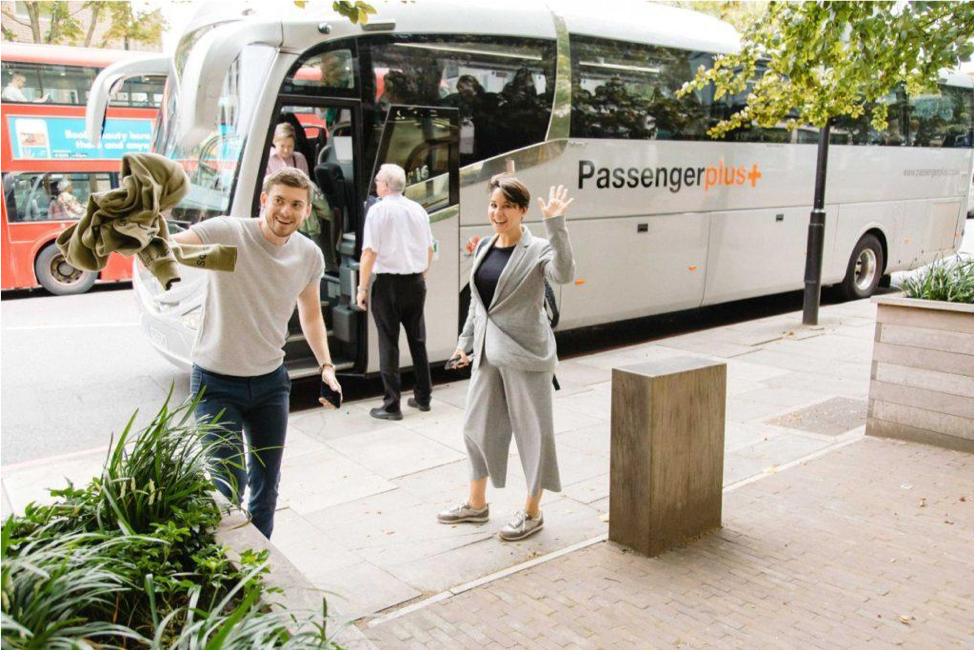By Paul Campbell, director, Purple Patch Group

You’re heading to a two-day conference out of town. Most likely, the conference venue is at a hotel, or has hotel facilities attached. Normally, you would book a room with the associated hotel for a discounted rate and ease of access to the venue. Sound familiar?
Many conference organisers arrange attached hotel accommodations for their guests because it’s always been done that way. London event agencies should keep making the attached hotel available for some guests, of course, since some attendees will always prefer that. But we have four reasons why keeping the two separate can create an overall better conference experience.
Rethink convenience
The convenience of a hotel adjacent to the venue seems ideal. You leave your hotel room, have breakfast, and walk over to the event without even stepping outside. No need for a taxi, an Uber, or public transport. Indeed, the ease of access has been one of the most cited reasons for event planners to arrange nearby hotel facilities for guests.
However, most major conference venues in London are surrounded by hotels and lodging, either next door, across the street, or just around the corner. Staying in one of these hotels is just as convenient and may only increase travel time by a few minutes. Sure, there’s something to be said for staying in the same building as your event. But one of the surrounding hotels might be nicer or a better value than the one attached to the conference venue.
Rest and silence time
Conferences can be draining. At the typical conference, your whole day is scheduled, full of lectures, workshops, or even social activities. There’s a reason conferences aren’t everyday events – they wear attendees out! At the end of a long day, some people might prefer some distance from the conference. Attendees dragging themselves back to their room, only to find that someone else from the event they’d rather not speak to is the room next door: that can be equally draining.
There’s also something to be said for silence time. Hotels are already busy places. When you host a conference in one, they come even more alive with bustling activity. If guests take their lunch breaks in the hotel or go back for the evening, only to be bombarded with more noise, it can have damaging effects on their mental wellbeing.
Have a unique travel experience
Employees are often sent by their companies to conferences out of town, with accommodation already arranged. But this standard is starting to become less common. A growing trend in the corporate world is offering business travel experiences. Instead of sending employees to an out-of-town conference and having them stay at the attached hotel, companies are booking unique lodging and experiences for their staff. Venturing outside the conference venue to discover a local restaurant or tour nearby landmarks can be an interesting perk that makes conference-attending more palatable for attendees.
Furthermore, letting employees choose their accommodation can make for a better overall conference experience. Staff can feel more satisfied, meaning they’ll likely derive more enjoyment from attending the conference itself.
A better value?
Attached hotels are supposedly better for the discounted rates. But with alternative lodging options like Airbnb, some guests are finding better value elsewhere. The discounted rate often discourages conference attendees from even looking for less costly accommodation, as they assume the conference rate is the best they’ll get in the area. Maybe the conference hotel doesn’t have the amenities they’d like or is still out of their price range, even with the discount. Whatever the reason, giving guests the freedom to choose will enhance their overall experience. If they’re lodging somewhere that’s most comfortable for them, they’re much more likely to enjoy the conference as a whole.









